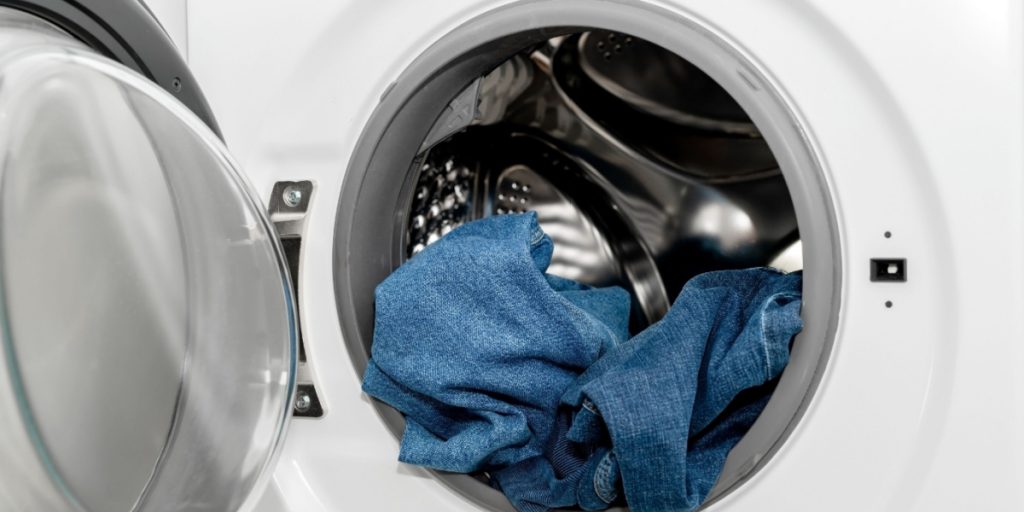Maximize Savings and Energy Efficiency with Your Washing Machine.
Others are reading now
In today’s eco-conscious world, energy efficiency is not just an option but a necessity. As households aim to transition to more sustainable practices, reevaluating electrical habits, particularly in daily appliance use, becomes crucial. The washing machine, accounting for approximately 6% of an average household’s electrical consumption, is a prime focus for implementing energy-saving measures.
Optimal Timing for Laundry: Leverage Off-Peak Hours
Utilizing your washing machine during off-peak hours is a pivotal step towards energy-conscious consumption. These hours, typically between 10 PM and 6 AM, vary based on your electricity contract but offer a reduced kilowatt-hour cost, leading to significant savings on your bill. For homes equipped with smart meters, washing during these times also aids in balancing the energy grid demand, making it a key strategy for environmental conservation.
Eco-Friendly Washing Practices
Beyond timing your laundry, several habits can enhance your machine’s eco-efficiency:
Also read
-
Select the ‘Eco’ Mode: This setting, usually under 40°C, cuts down hot water use and, by extension, energy consumption.
-
Keep Filters and Seals Clean: Ensuring these parts are clean maintains optimal efficiency and prevents excessive water and electricity use.
-
Adjust Laundry Loads: Match the amount of laundry to the cycle to avoid water and energy waste with underloaded machines.
-
Limit Use to Full Loads: Avoid running your machine for just a few items, reducing frequent, energy-intensive cycles.
Choosing the Right Washing Machine
Investing in a high-efficiency washing machine is a strategic move for both your wallet and the planet. When shopping, pay attention to the energy label; models rated A+++ are highly recommended for sustainable consumption.
Additionally, machines with short, low-temperature, or eco programs can further maximize energy savings. Consider the machine’s load capacity to match your daily needs, preventing unnecessary washes.
Integrating Washing Machine Use into a Broader Eco-Effort
To deepen your ecological commitment, it’s beneficial to recognize that efficient washing machine use is part of a broader effort to optimize household appliance usage. Consider these additional steps:
-
Use power strips with switches to easily cut power to multiple devices, preventing standby energy consumption.
-
Fully turn off equipment instead of leaving it on standby.
-
Monitor and maintain your refrigerator and freezer to ensure they’re not overfilled, regularly defrosted, and set to optimal temperatures.
-
Install modifiable and controllable heating systems to better manage your heating energy expenditure.


